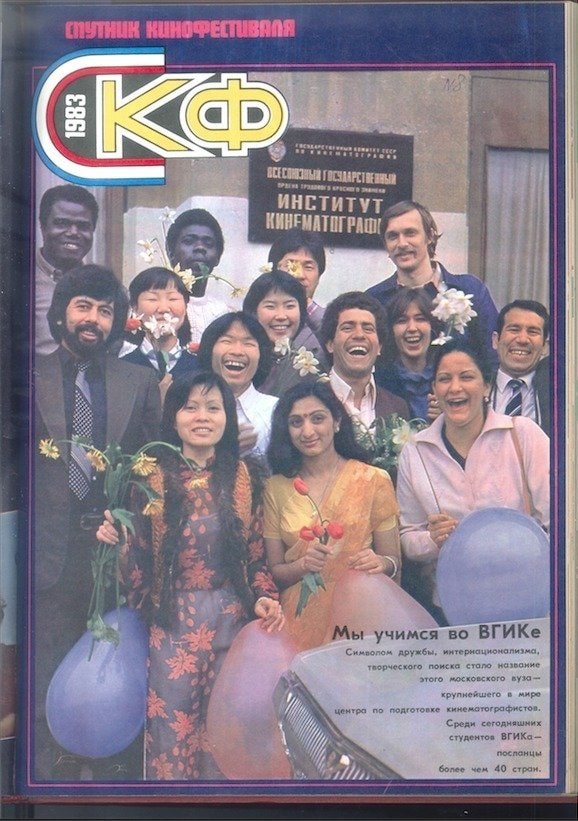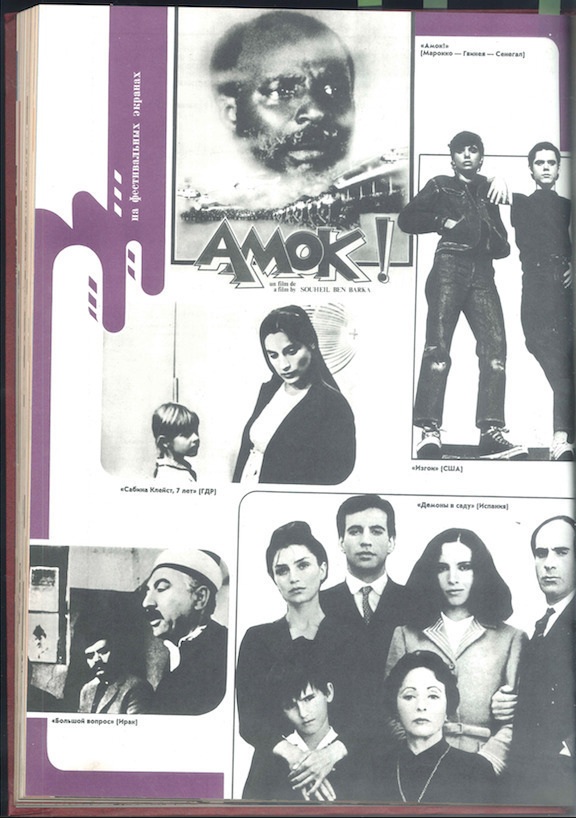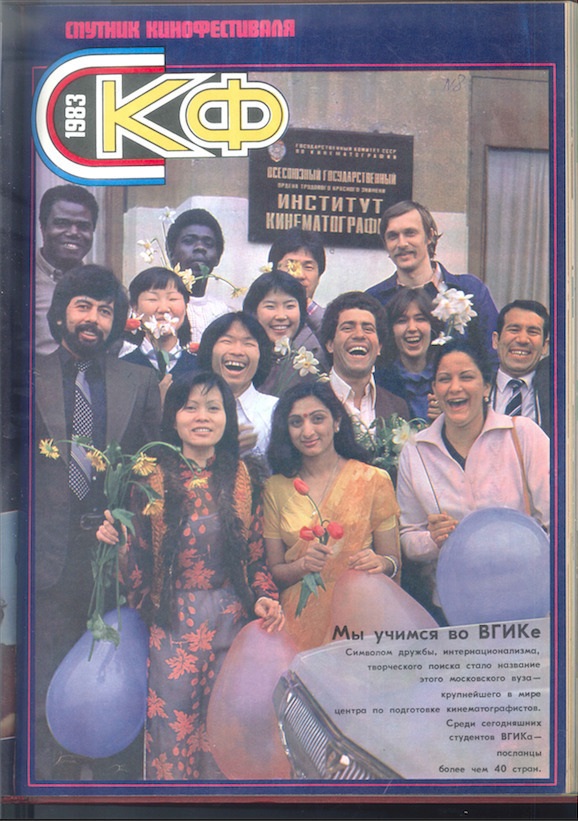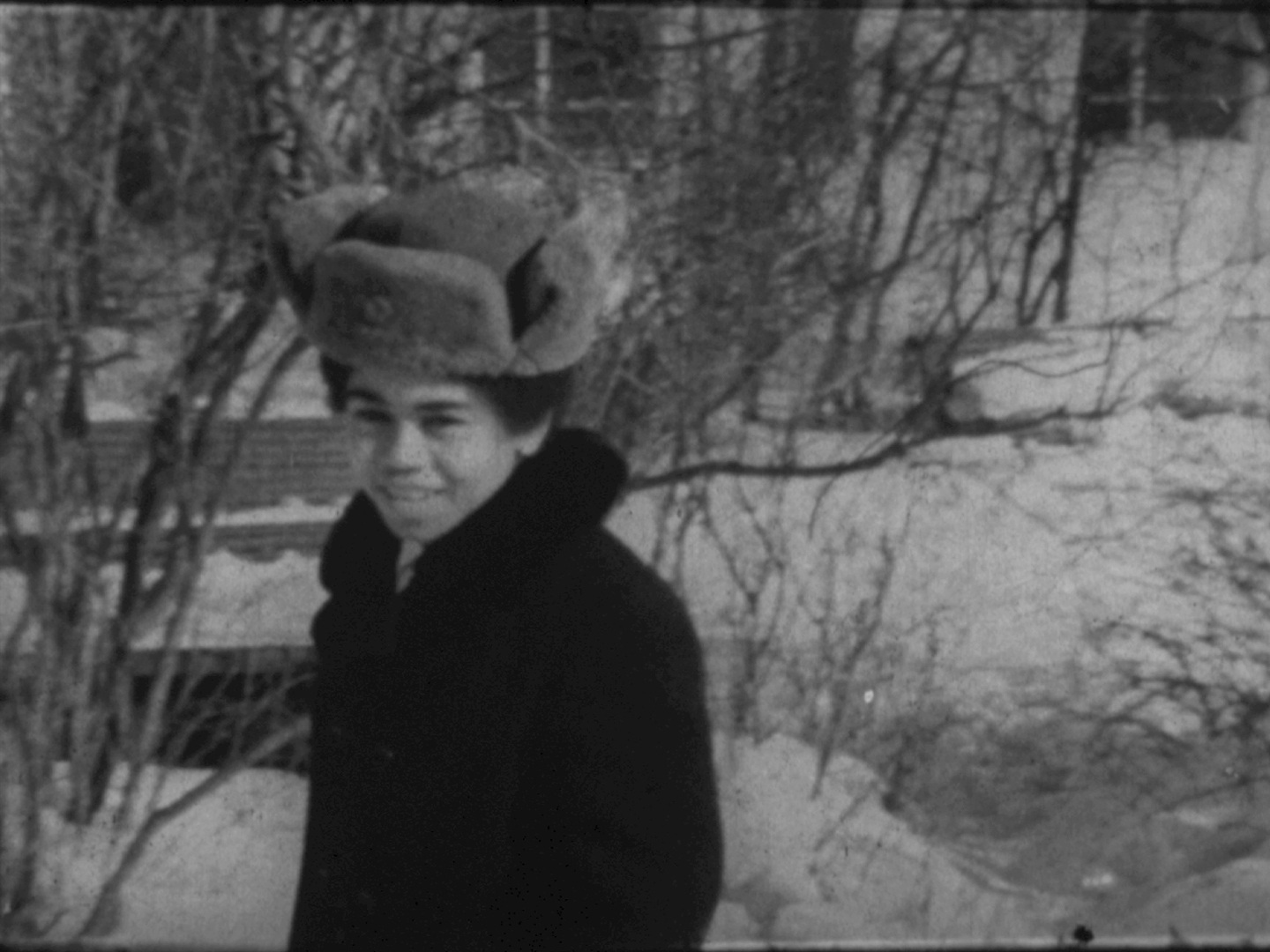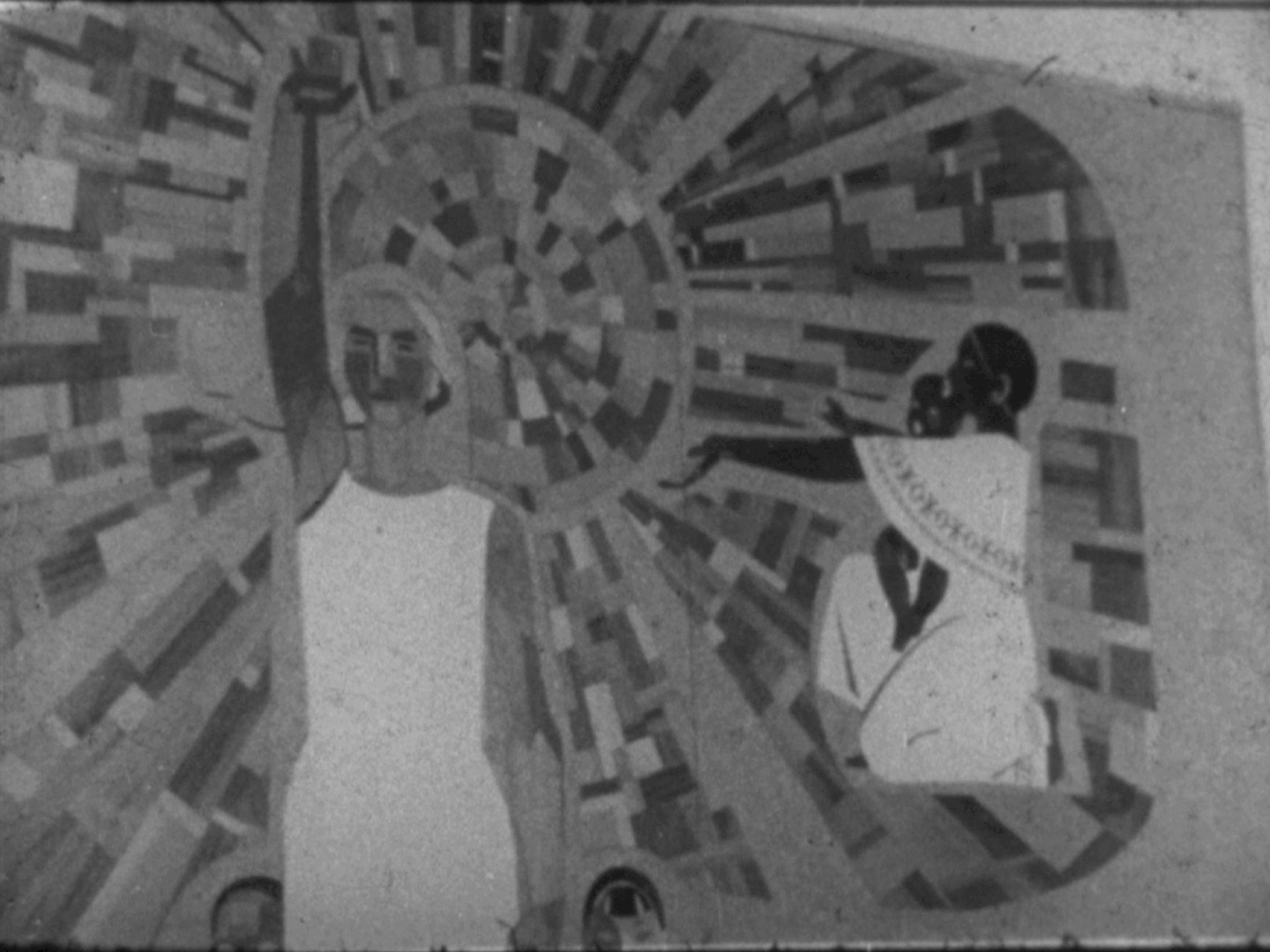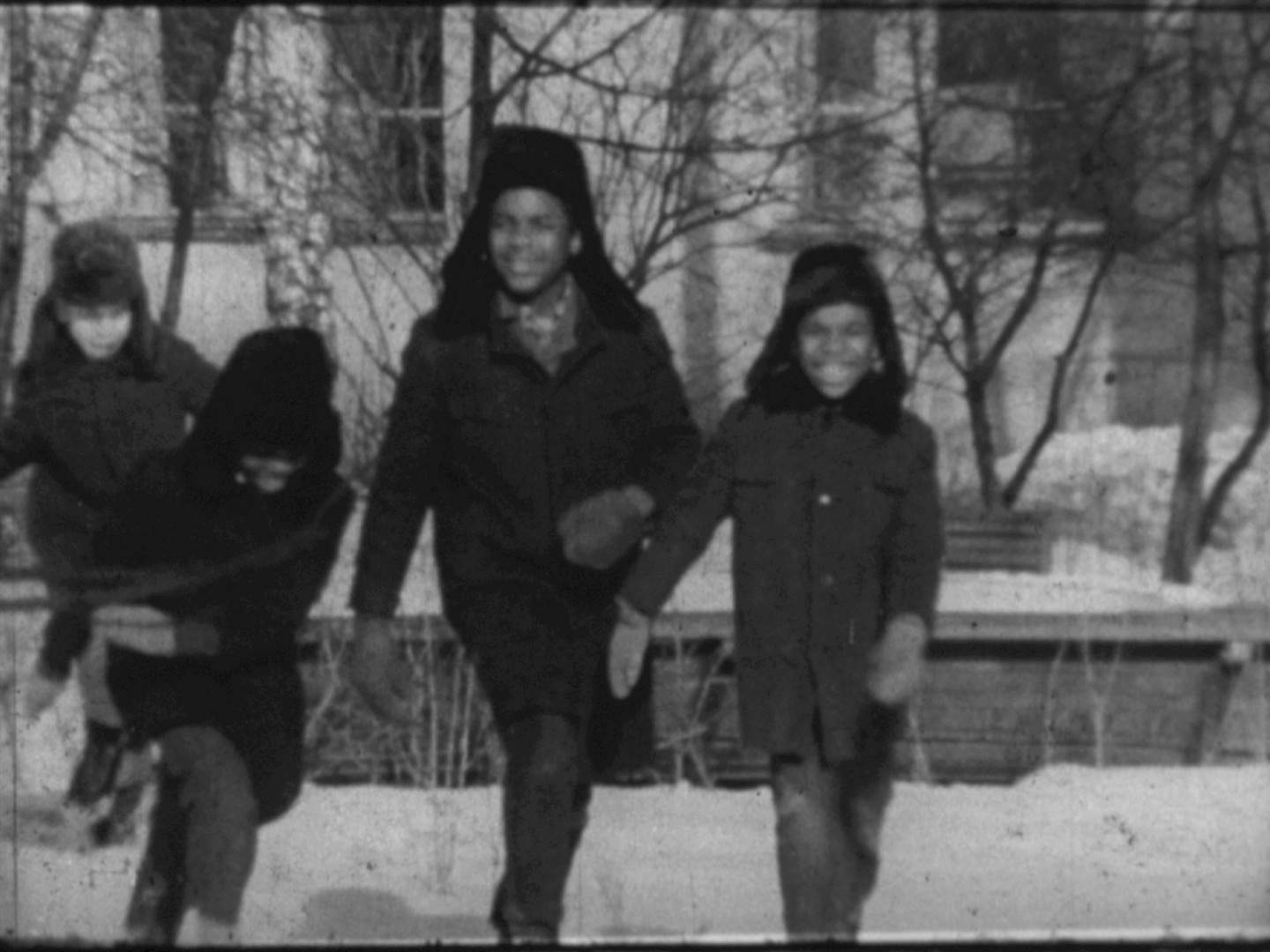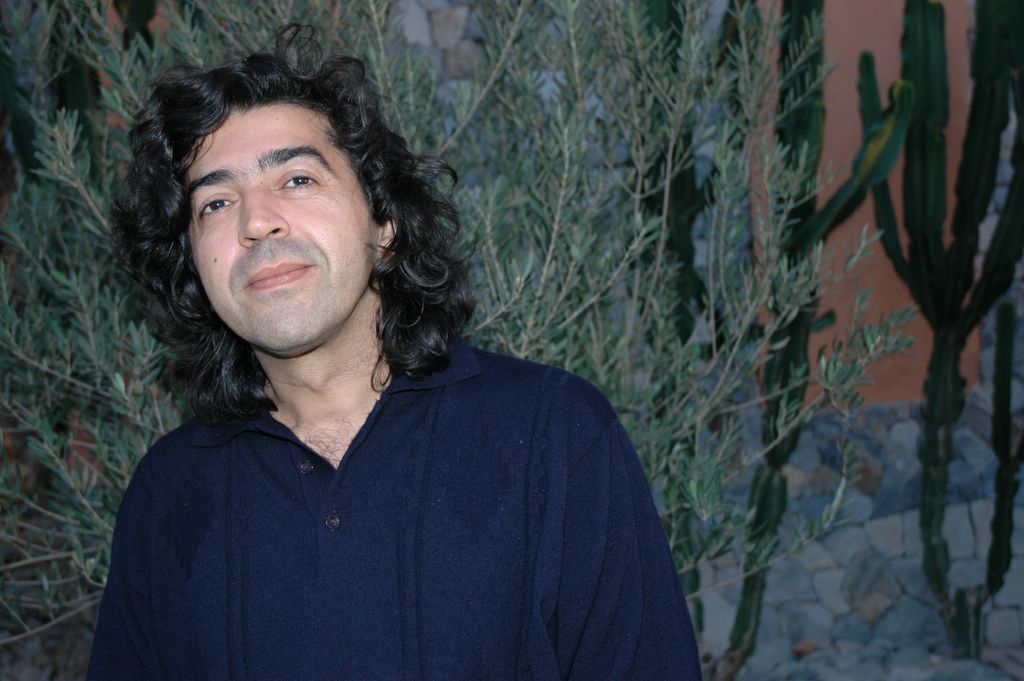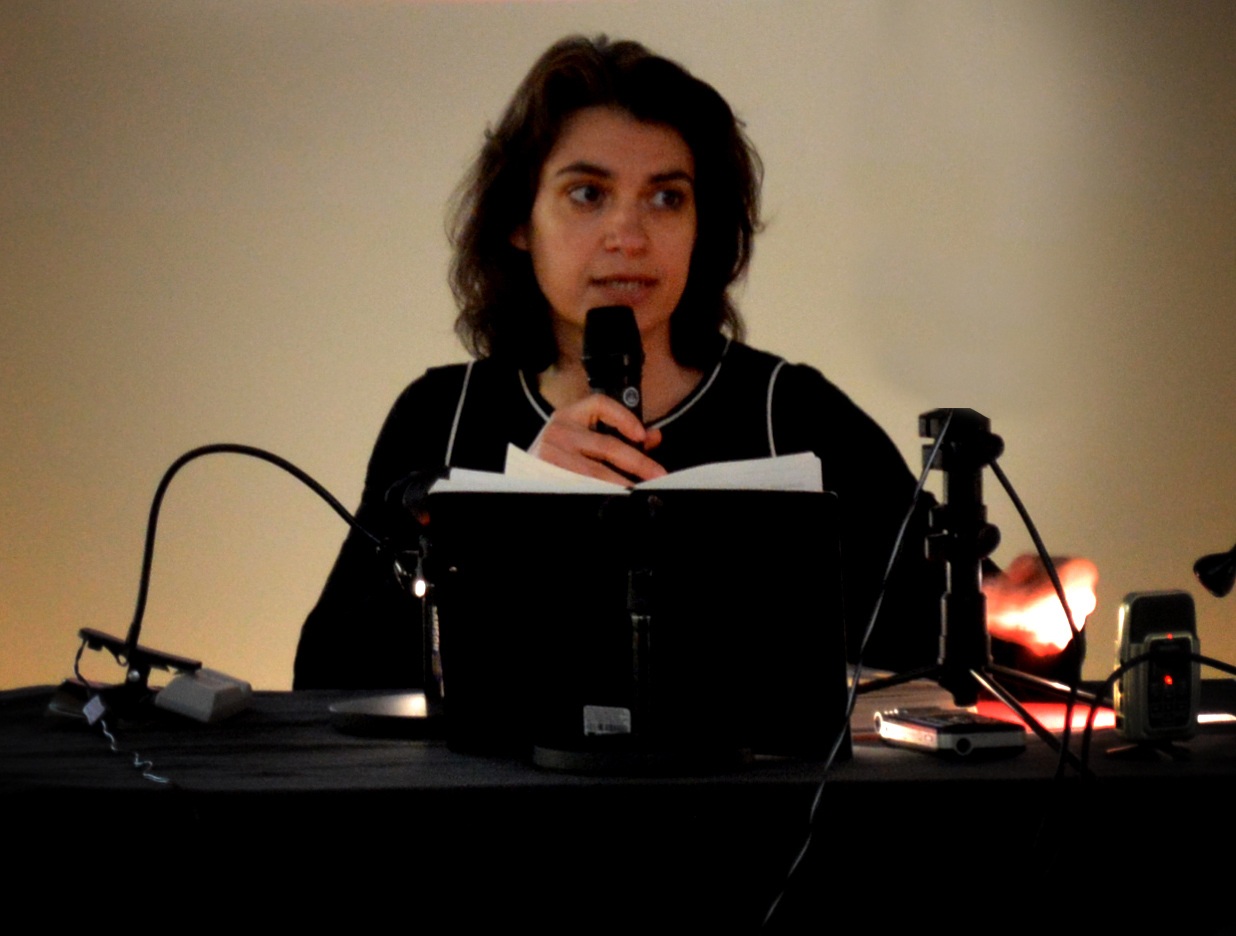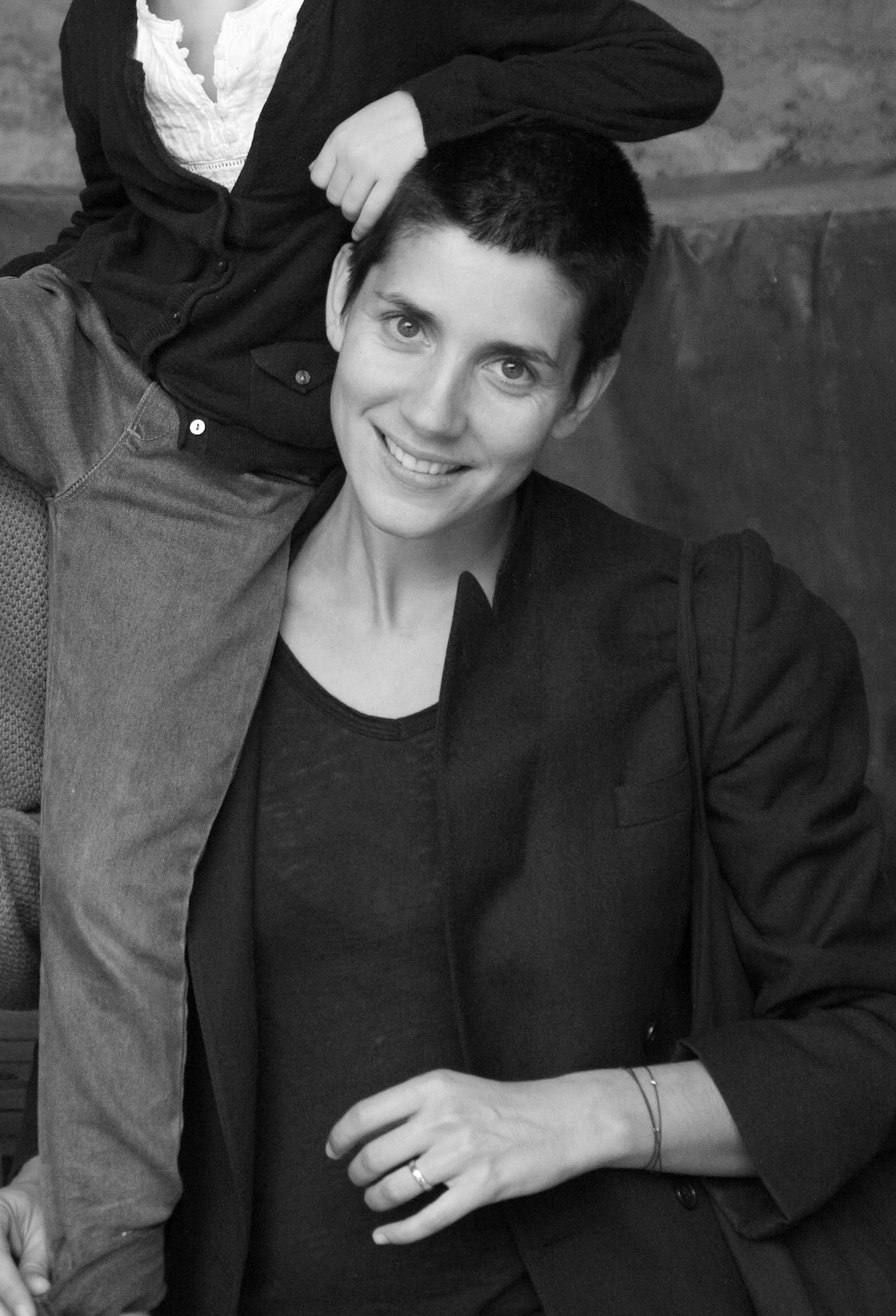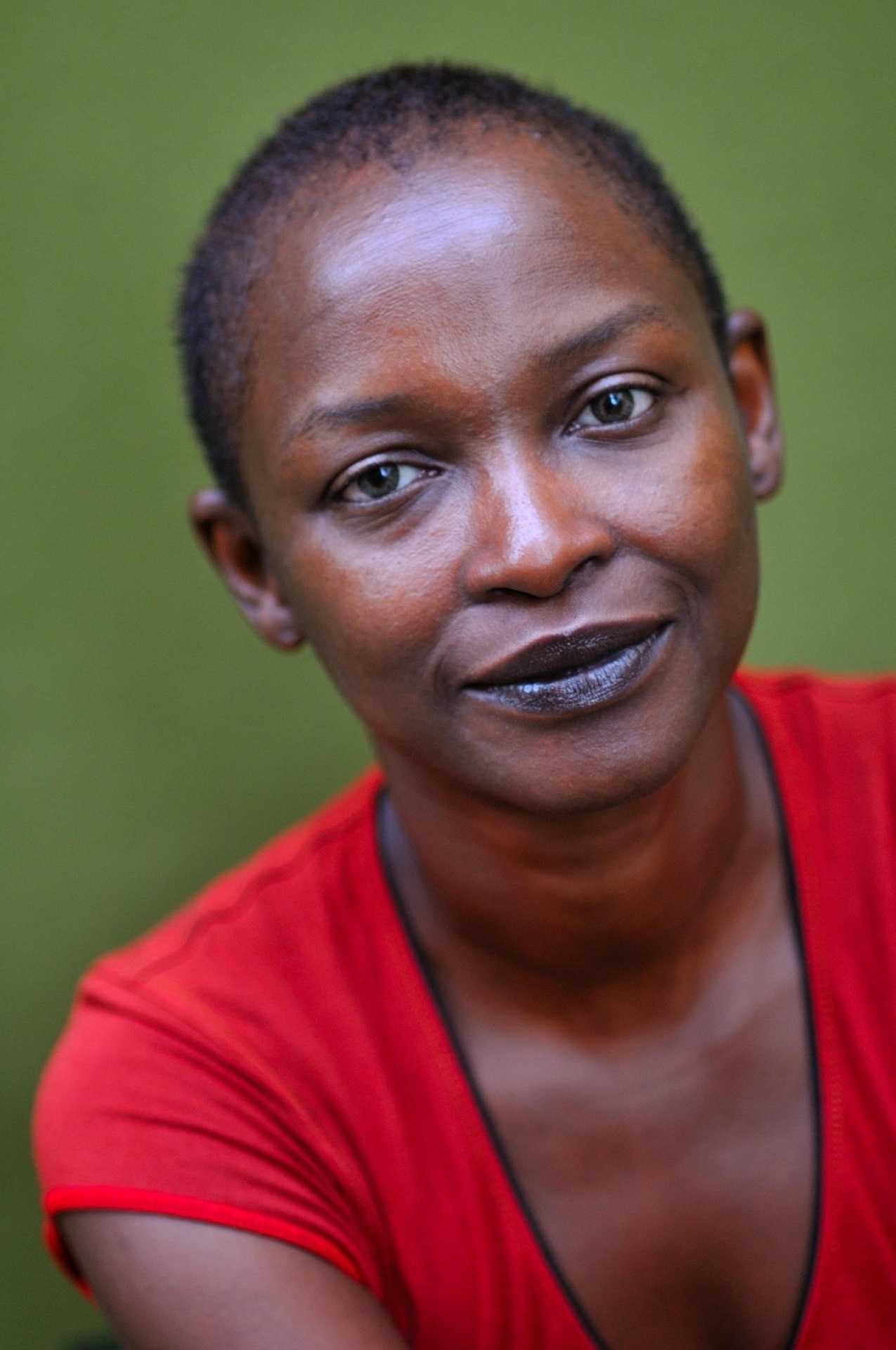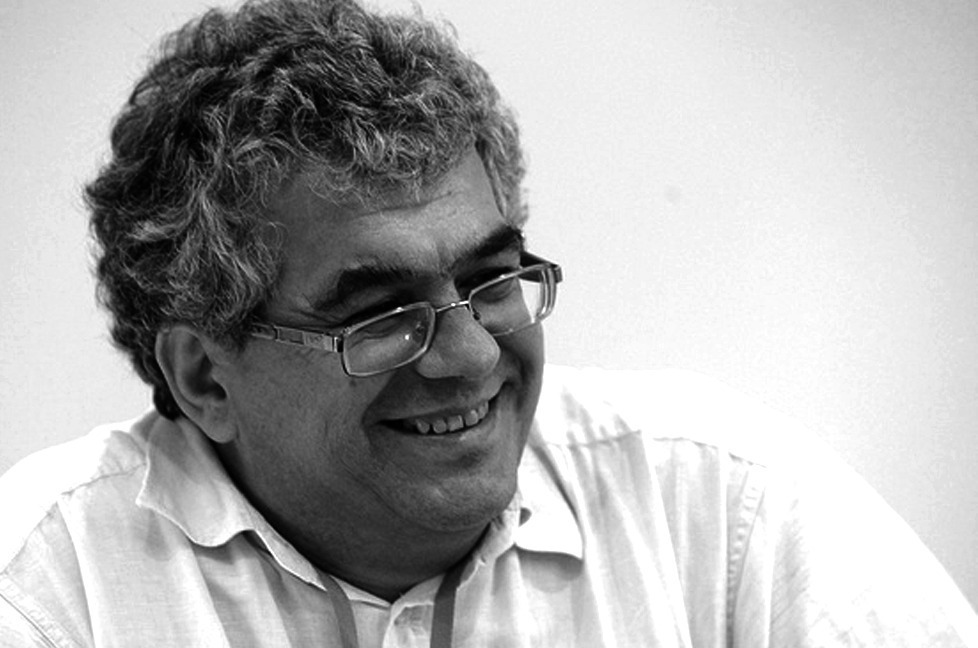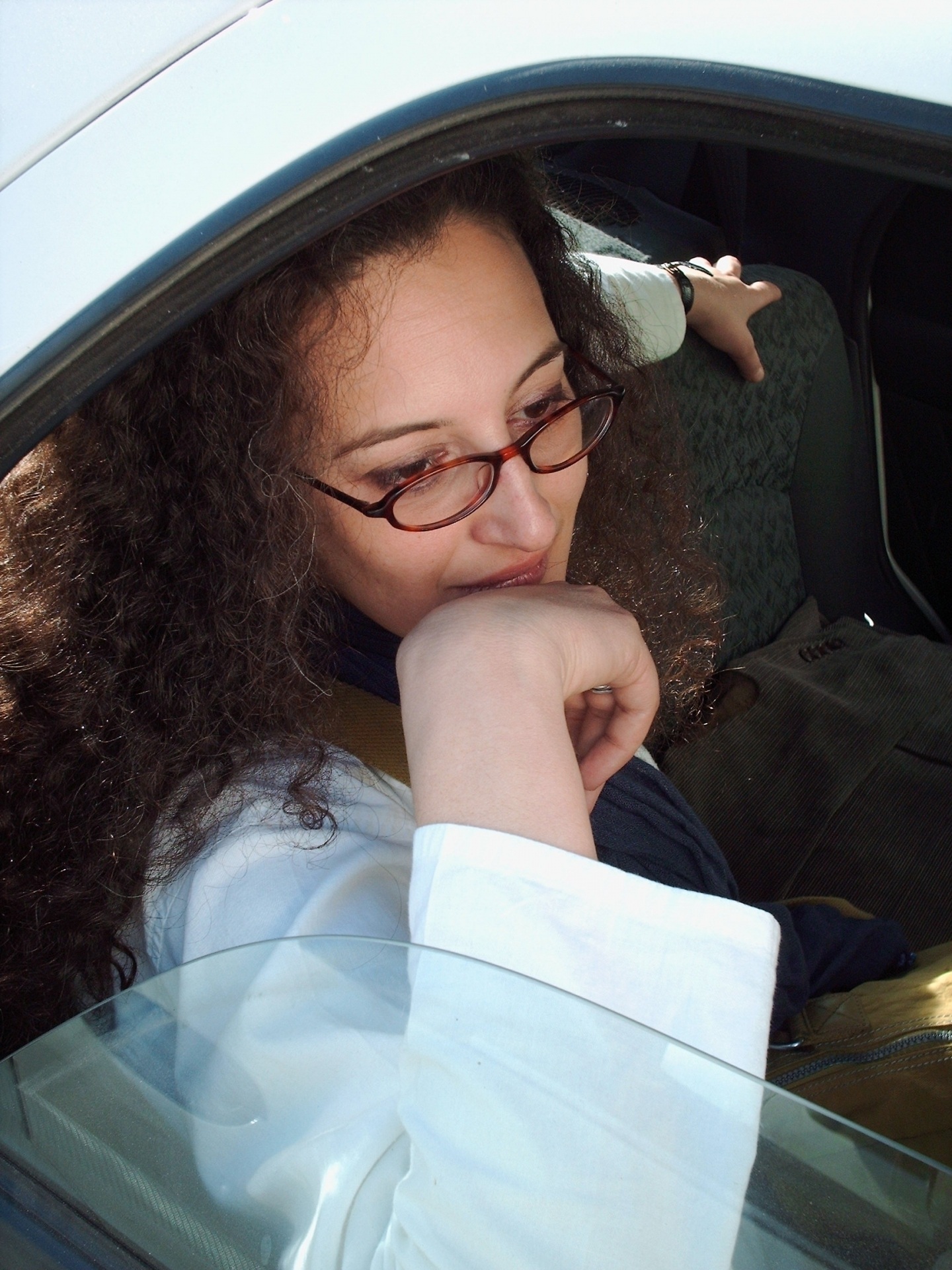Rasha Salti was born in Lebanon in 1969. She is a curator and writer and presently an international programmer for the Toronto International Film Festival. From 2004 to 2010, she was the film programmer and creative director of ArteEast in New York. Salti’s essays have appeared in publications such as Afterall, The London Review of Books, and Naqd, and she edited the book Insights into Syrian Cinema: Essays and Conversations with Filmmakers (2006). Salti lives in Beirut and works between Paris and Toronto.
Koyo Kouoh was born in Switzerland in 1967. She is an exhibition maker and the founding artistic director of RAW Material Company, a center for art, knowledge, and society in Dakar. She is the curator of the education program at 1:54, Contemporary African Art Fair in London. She served as curatorial advisor for documenta 12 (2007) and 13 (2012). Her most recent projects include Body Talk: Feminism, Sexuality and the Body in the work of Six African Women Artists, WIELS, Lunds Konsthal, 49N6E - FRAC Lorraine (2015). Besides a sustained theoretical and exhibition program at RAW Material Company, she maintains a dynamic international curatorial, advisory, and judging activity. Kouoh lives and works in Dakar and Basel.
Philippe Rekacewicz was born in France in 1960, He is a journalist, geographer, and cartographer with a specialism in geopolitics and international relations. Research interests include questions relating to migration, refugees, forced displacement of populations, and borders. From 1988 to 2014, he worked at Le Monde, and between 1996 and 2008, he headed in parallel the cartographic department of GRID-Arendal, a delocalized office of the United Nations Environment Program (UNEP). He is presently working on several socio-geographic projects on the creation of public and private space and the perception and representation of borders. Rekacewicz is keenly interested in the relationships between cartography, art, science, and politics. Since 2006, he has participated in cartographic-artistic projects in a number of European countries. He is also currently conducting research into "radical cartography.”
Catarina Simão was born in Portugal in 1972. She is an artist and independent researcher. Simão is known for her essay-like displays, using documentation, writing, video, and drawing. She also engages in radio shows and public talks, participatory workshops, curating film screenings, and publishing. Her practice is built on long-term research-based projects that entail collaborative partnerships and different forms of presentation to the public. Her work has been presented at Serralves Museum (2010), Manifesta 8 (2010), Africa.cont (2011), and other institutions across Europe and Mozambique, as well as Beirut, Zagreb, and New York.
Ali Essafi was born in Morocco in 1963. He studied psychology in France before entering the world of filmmaking. His works as a director include: General, Here We Are (1997); The Silence of the Beet Fields (1998); Ouarzazate Movie (2001); and Shikhat’s Blues (2004), which have been widely screened and praised on the international circuit. His latest production, Wanted, commissioned by the 10th Sharjah Art Biennial, has been selected for exhibition worldwide. He lives and works in Morocco and Brazil.
Filipa César was born in Portugal in 1975. She is an artist and filmmaker interested in the porous relationship between the moving image and its public reception; the fictional aspects of the documentary genre; and the politics and poetics inherent to the production of moving images. Between 2008 and 2010, the majority of César's experimental films have focused on Portugal’s recent past, questioning mechanisms of history production and proposing spaces for performing subjective knowledge. Selected film festivals include: Kurzfilmtage Oberhausen (2013); Forum Expanded - Berlinale (2013); and IFFR, Rotterdam (2010, 2013, and 2015). Selected exhibitions and screenings include: 8th Istanbul Biennial (2003); Serralves Museum, Porto (2005); Tate Modern, London (2007); and SFMOMA, San Francisco (2009). César lives and works in Berlin.
